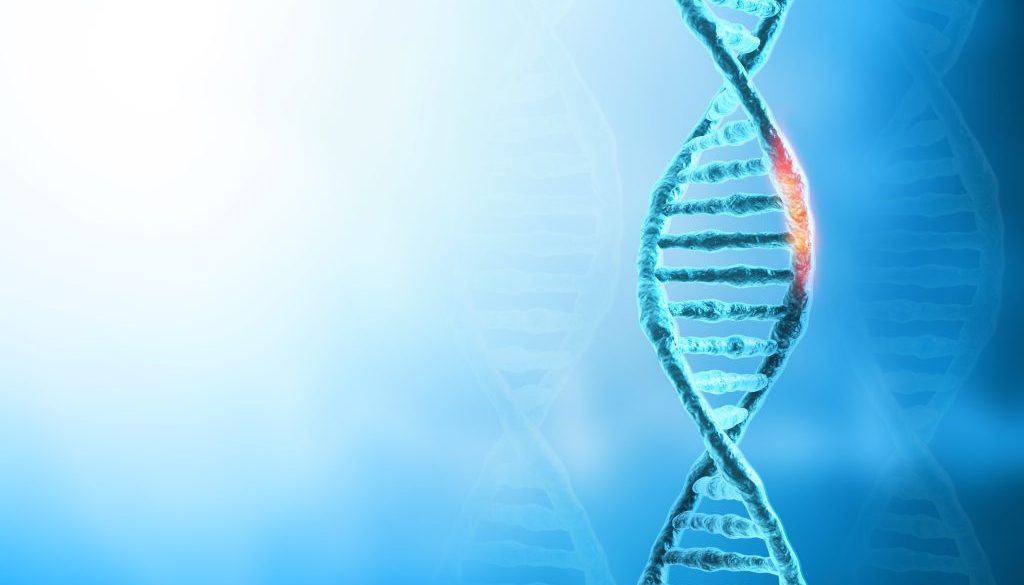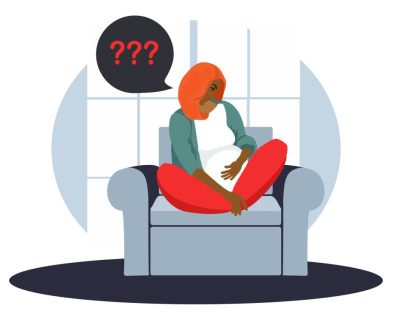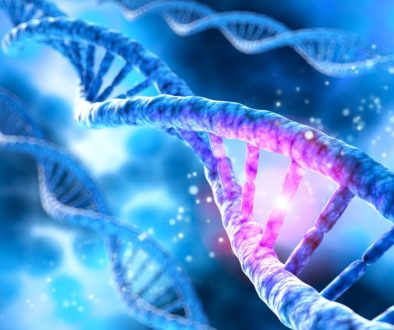Unveiling our Genetic Differences and Overcoming Shame
Are you a carrier of a genetic condition or do you have a difference in your chromosomes? Discovering a difference in our genetic code can change the way we think about ourselves. Have any of the following thoughts or similar thoughts crossed your mind?
“I am not who I thought I was.”
“I am damaged.”
“I am deficient.”
“I am flawed.”
The truth is, we are ALL flawed when it comes to our genetic code. Each of us has unique genetic differences which make us who we are – this is the collective experience of being human. There is no such thing as a “normal” genetic code. Some of us know about our genetic differences, and some of us have yet to find out (and may never know during our lifetime). Yet, as a society, we do not talk about our genetic differences. This leaves people who learn that they are a carrier of a genetic condition feeling isolated and often, ashamed.
Shame is defined as “the intensely painful feeling or experience of believing that we are flawed” (Brené Brown).
Shame is a normal and automatic response when our sense of self is threatened. As adults, our sense of self includes the possibility of parenthood. Learning about a genetic difference that may be passed on can threaten this possibility. Shame serves as a defense mechanism to protect us from our own stress and anxiety when ideas about our future are jeopardized.
People all over the world feel shame. Yet, society and culture shape the way we each think and feel about ourselves. In some cultures, societal norms tell us that people of childbearing age will marry and have a family. Furthermore, women are often seen as responsible for the outcome of a pregnancy. If infertility or pregnancy loss is experienced, or if a baby is born with a medical issue, a sense of maternal responsibility is often felt. This long-standing and often false perception that women are responsible for the outcome of a pregnancy further contributes to feelings of shame.
As you make sense of your genetic differences, be patient with yourself. The way you thought about yourself for many years has been challenged and acceptance of your “new” self will take time.
Below is a list of strategies (based on scientific research) to help you tackle feelings of shame.
- Practice self-compassion over self-judgment. This means being kind and compassionate toward yourself and the distress you feel.
- Remember that we are all born with genetic differences – this is part of being human. You did not cause this change in your genes/chromosomes and you, personally, could not have prevented this change from occurring.
- Acknowledge that your feelings are normal. Our sense of self as adults includes being a parent or the possibility of parenthood. Anything that threatens parenthood will cause an emotional reaction.
- Understand that your feelings are the result of conditioning by your society and culture. There is not something “wrong” with you for having these feelings.
- Focus on what you can control moving forward.
- Understand your own reproductive choices. I recommend speaking to a genetic counselor, as they have training in helping people explore these options.
- Meaningful decisions about family planning are guided by your personal values. Explore you and/or your partner’s personal beliefs and values. Does this genetic information impact your decision to have biological children? If you are currently pregnant, would you want to learn if your baby may have a genetic difference before birth? If so, how would you use this information?
- Consider sharing your genetic test results with family members, including your children (when age appropriate). A family member may use the information you share for their own family planning, but without the knowledge, they cannot make informed choices. Sharing can feel scary, especially because we cannot predict how someone else will react to information. Genetic counselors can be a helpful resource as you think through how to share this information with relatives.
With love and light,
Kendra






